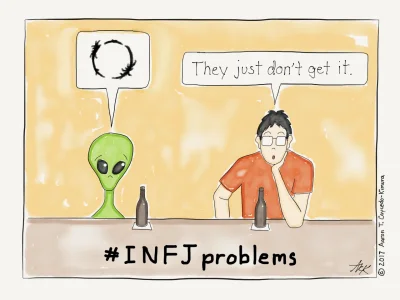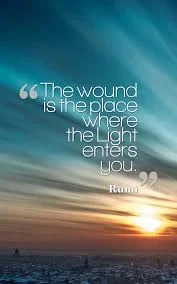Impact Character
folding paper cranes ⭐
- MBTI
- inconcrete
- Enneagram
- 964
That's really interesting IC, I wonder...
Your comment about 'designing principles'; do you seek to find the most 'fundamental source' of ethical or moral principles?
Like, if only we looked, we would be able to see the pattern of right living in the very fabric of existence?
Humm... if I had to answer this right now... I would say:
Isn't that a circle?
even here everything always ends up in loops in so many ways... xD








